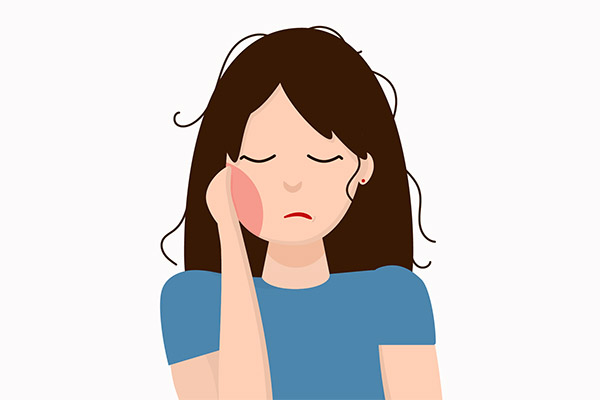 Root canal treatment is often the best (or only) way to deal with an abscessed tooth that results from a tooth infection. This review discusses the role root canal treatment plays in treating an abscessed tooth and what you can expect throughout the diagnostic and treatment processes.
Root canal treatment is often the best (or only) way to deal with an abscessed tooth that results from a tooth infection. This review discusses the role root canal treatment plays in treating an abscessed tooth and what you can expect throughout the diagnostic and treatment processes.
An overview of root canal treatment for an abscessed tooth
An abscessed tooth can affect one’s ability to function daily. The good news is that a root canal treatment can often save the tooth and alleviate the discomforting symptoms.
What is an abscessed tooth?
An abscessed tooth is a pocket of pus that forms in the root of a tooth as a result of a bacterial infection. There are many reasons why a tooth infection and subsequent abscessed tooth may develop. Some of the more common causes are:
- Chips and cracks
- Dental trauma
- Cavities
- Gum recession
Any incident that exposes the tooth’s root could lead to an abscessed tooth. Treatment for an abscessed tooth involves killing the bacteria inside of the tooth and draining the dental abscess.
What are the symptoms of an abscessed tooth?
The symptoms can vary based upon the severity of the dental abscess. There may also be symptoms related to the infection or tooth damage that caused the abscess to form. The most notable symptoms of a dental abscess are:
- Tooth pain
- Tooth sensitivity
- Swollen gums
- Jaw pain
- Bad breath
- Fever
A dental abscess results from an infection. The bacteria that cause it can put off a foul-smelling odor as well as affect the person’s general health, causing bad breath and fever. Pain, swelling, and sensitivity of the teeth, gums, and jaw are common as well.
When is root canal treatment necessary?
An abscessed tooth will not go away on its own. In addition, antibiotics are not usually enough to treat dental abscesses. Consequently, in most cases, root canal treatment is the best way to deal with a dental abscess. If left untreated, then the patient risks prolonged discomfort, the risk of the infection spreading, and potential loss of the tooth.
What can I expect during root canal treatment?
Root canal treatment for an abscessed tooth involves accessing the root of the tooth, draining the abscess, disinfecting the tooth’s root with antibiotics, and filling the tooth. The tooth is then sealed, and the last step is to place a dental crown over it for added protection. The procedure is typically short and safe with minimal risks. However, the patient does need to plan for a recovery period that can take several days. Complications after a root canal treatment are rare, but it is important to keep the mouth as clean as possible during recovery.
Are you suffering from an abscessed tooth?
Call our dental team today or send us a message to schedule a consultation to determine if the cause of your symptoms is an abscessed tooth or another underlying concern and what the best treatment approach is to alleviate the symptoms and save the tooth.
Request an appointment or call Fort Lee Family Dental at 201-620-9772 for an appointment in our Fort Lee office.
Recent Posts
You may need a dental crown, but it all depends on your root canal treatment. Your dentist will be able to tell you if you need dental work beyond the treatment. Needing a crown is determined by the location and severity of the root canal. Crowns can be recommended because they protect your existing teeth…
Root canal treatment has a bad reputation, one that can be traced back to a single erroneous research report from the 1920s. At the time, a major dental publication released a report claiming that root canal operations cause disease, arthritis, and other problems. The dentist advised that teeth should be extracted and that root canals…
Finding out that you need a root canal can be terrifying. This procedure has always been seen in a negative way. In truth, this treatment can restore your dental health. Here are the details on how a root canal can prevent tooth loss.The dentist will remove the inflamed or infected pulp material from its chamber.…


